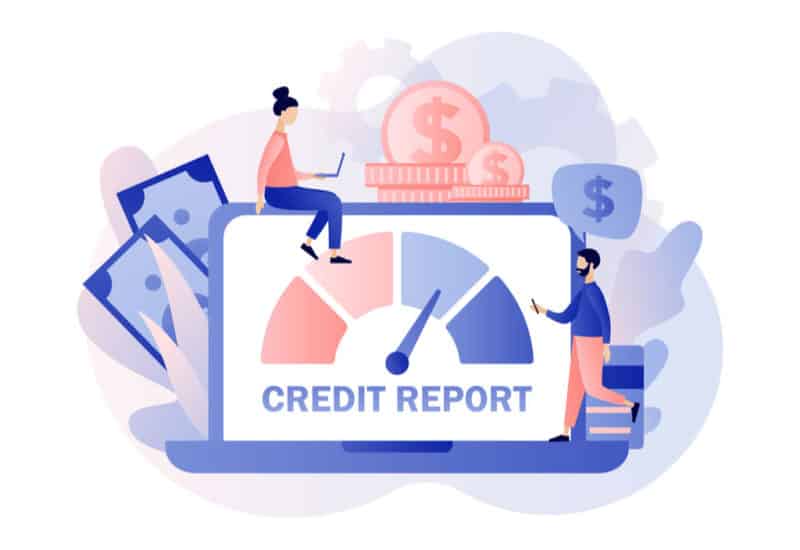
How Long Does a Bankruptcy Stay on Your Credit Report?
In this day and age, our credit score is more important than ever. Our credit scores and the information within these reports may impact what employment we get, the cost to insure our homes and vehicles, interest rates on our credit cards, the cost of certain products and services, and in Florida, the developments in which we can rent. This is why many people use a lot of their energy acquiring and keeping the best credit score possible. Unfortunately, one’s life can become complicated, with many twists and turns. Often, an unforeseen event happens, such as a global pandemic, and you may have to file for bankruptcy to get a fresh start and get out from under crippling debt.
All adverse credit information reported by your creditors attaches to your credit report, but the good news is that this information falls off over time. In other words, the older the negative information is, the less important it is on your credit score. Luckily, debts associated with collection efforts, foreclosures on real property, and a delinquent credit card or mortgage payments fall off your credit report in seven years. It is important to note that some accounts such as unpaid tax liens and other public debts do not fall off and remain indefinitely.
When will Bankruptcy be removed from my credit report?
The answer depends entirely on the type of bankruptcy you file – Chapter 13 Bankruptcy or a Chapter 7 Bankruptcy. If you have filed Chapter 13, which reorganizes some debts and discharges other debts – the information relating to the bankruptcy is removed in seven (7) years. In contrast, if you finished a Chapter 7 bankruptcy, the information will remain on your credit report for ten (10) years. Many think that bankruptcy will ruin their credit; this is often not the case. Bankruptcy will negatively impact your credit in the short term, but it will not remain on your credit report forever.
Fortunately, after the bankruptcy is completed, you may begin to build an excellent credit score. While achieving a good score will not happen instantly, it is possible to accomplish it. Some folks can have credit scores between 570 – 680 six (6) months after they file for bankruptcy – this all depends on how much effort one puts into rebuilding their credit.
Generally, banks see folks who have just received a bankruptcy discharge as good candidates for credit since they currently have no outstanding debts and cannot discharge the newly acquired debts in another bankruptcy in the immediate future. Once you are extended new credit, you must be watchful about repaying timely. A sure-fire way to improve your credit is by keeping balances low. Usually, less than 30% is recommended, and less than 10%, if possible, is even better.
Once you receive your bankruptcy discharge, it is important to pull your credit report from the three (3) credit bureaus in order to ensure that all your debts that have been discharged pursuant to the bankruptcy court’s discharge order are listed accordingly.
Contact a Miami Bankruptcy Lawyer for questions regarding Bankruptcy and your Credit Report.
As you can see, bankruptcy will not ruin your credit score and affects your credit report for either 7 or 10 years from the date you file your bankruptcy. In the long run, bankruptcy can ultimately improve your credit score by discharging your unsecured debts, thereby freeing up resources to pay important debts such as your mortgage or car payments. Helping our clients back on financial track and free of stress is something that we pride in. Contact our Miami Bankruptcy Lawyer before filing bankruptcy for a free consultation.
Latest from our Blog
Consultations Available At:
Consultations Available At:


